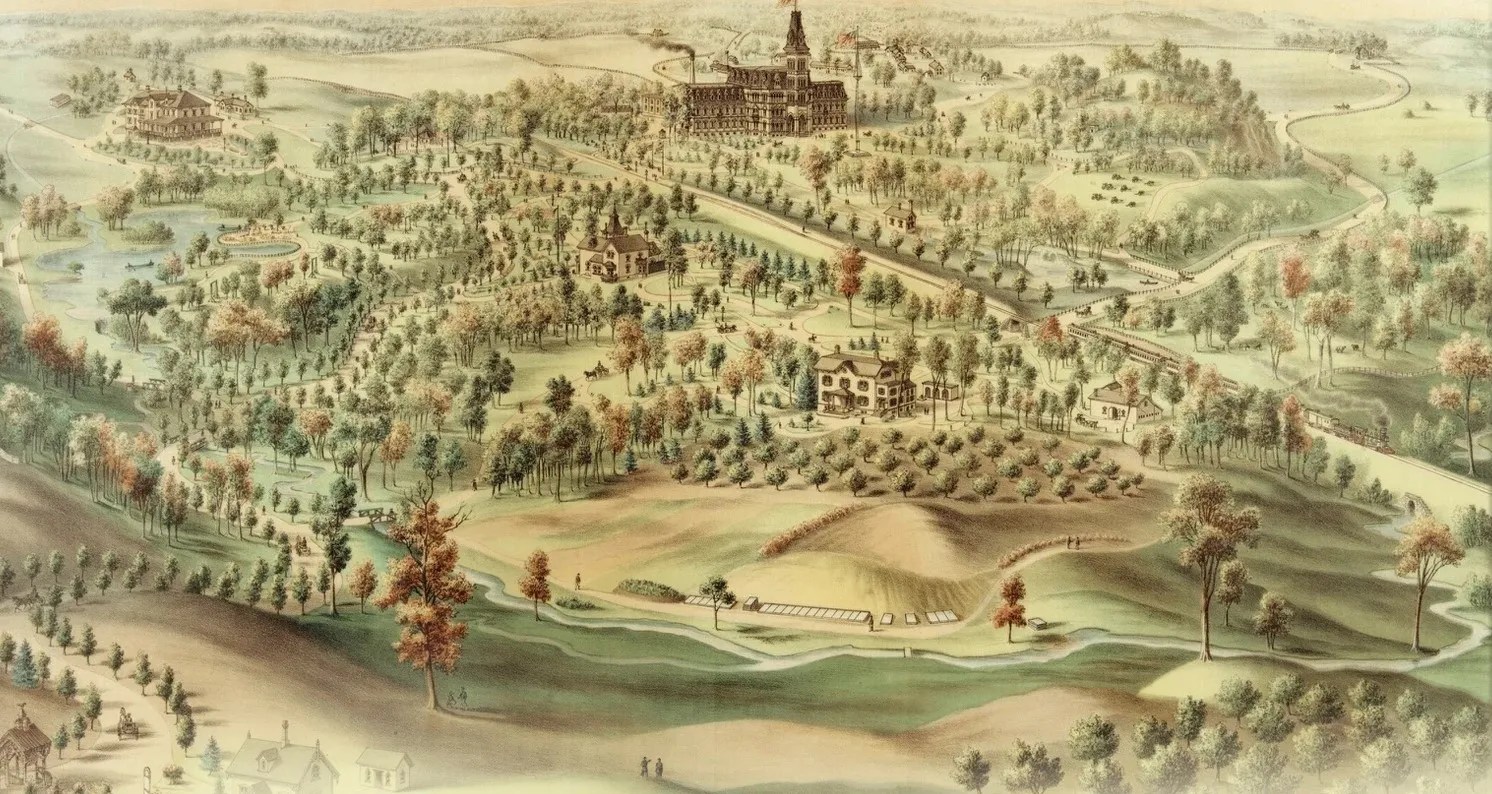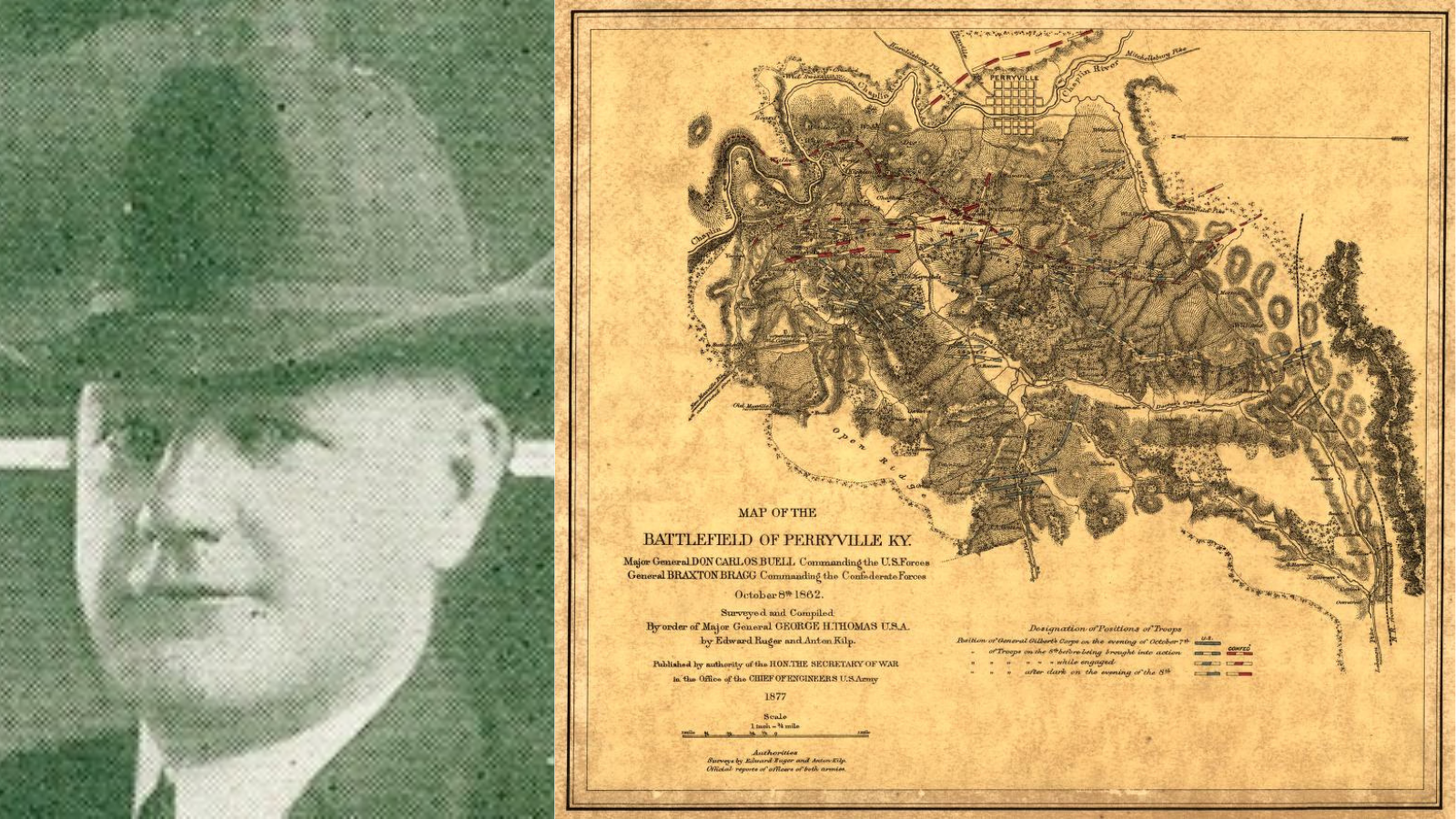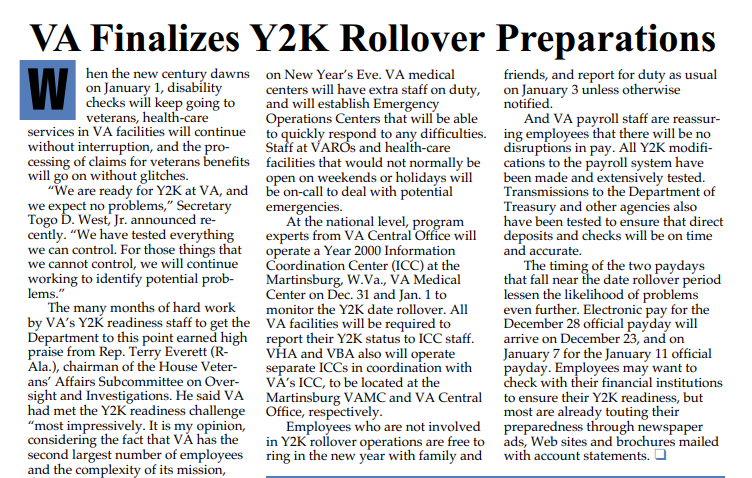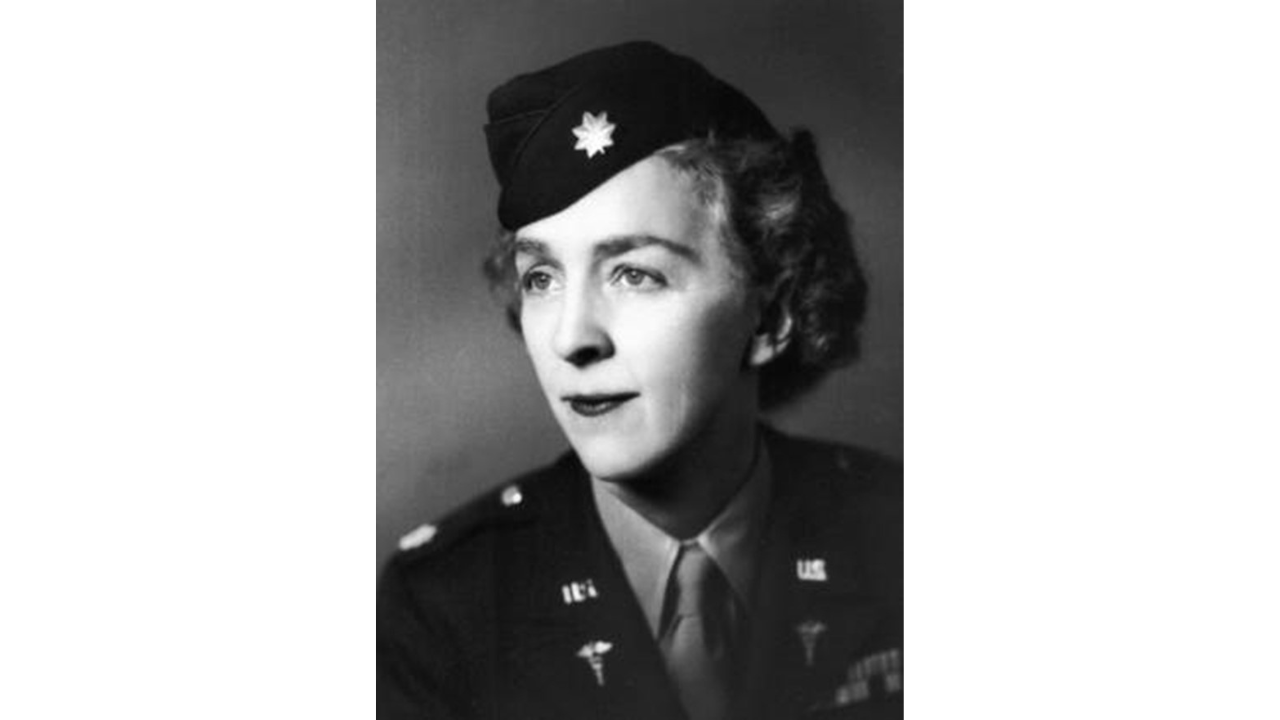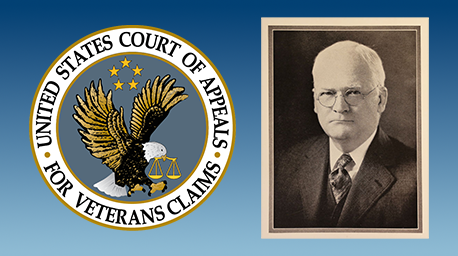
Featured Stories
A Brief History of the Board of Veterans’ Appeals
On July 28, 1933, President Franklin Delano Roosevelt signed Executive Order 6230 creating the Board of Veterans’ Appeals (BVA). The BVA was created as part of the Veterans Administration (VA), which had been established only three years earlier.
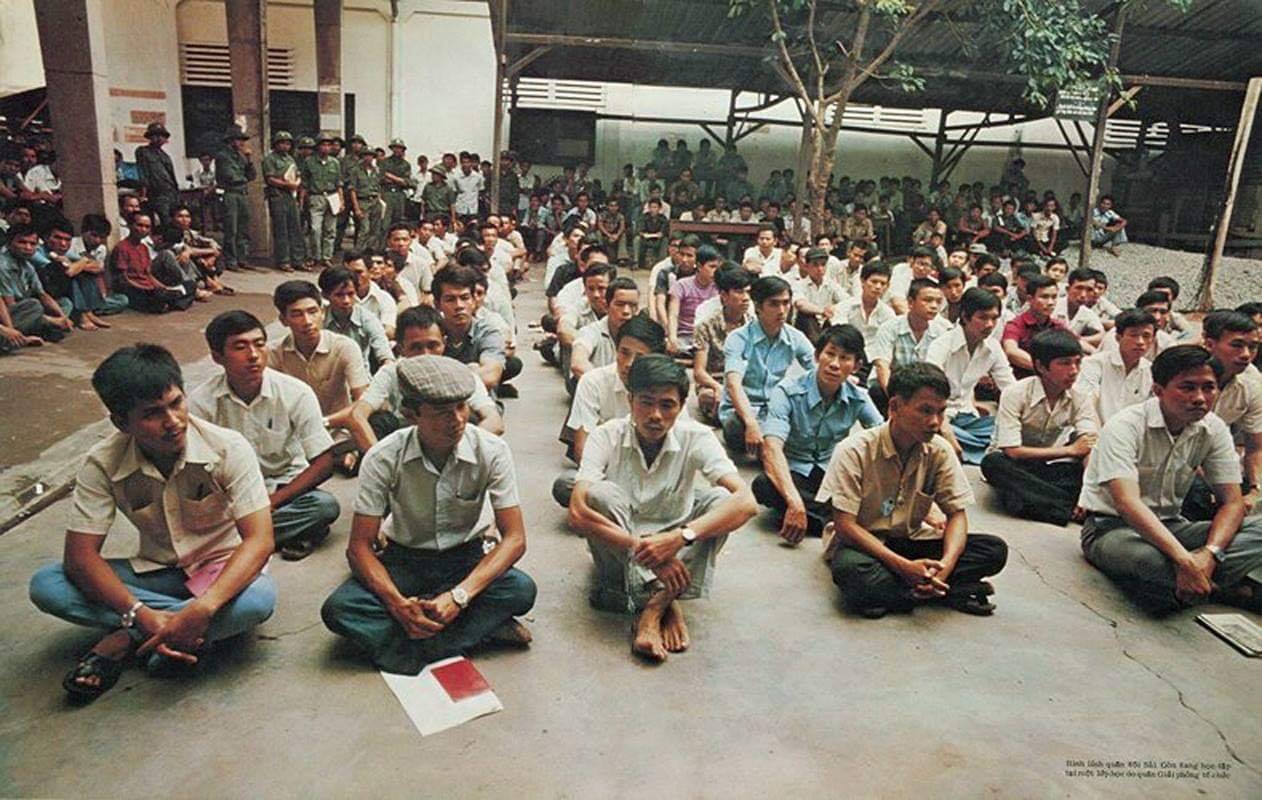
Featured Stories
The Fall of Saigon 1975: A South Vietnamese Military Physician Remembers
"There was chaos in the streets when I made my way to the hospital on the morning of April 30, 1975. In a place of order, there was now great confusion. The director and vice director of the hospital were gone, making me, the chief of medicine, the highest-ranking medical officer."

Featured Stories
History of Former Whipple VA Directors Schmoll And McIntyre
Leadership change is something that happens constantly, whether it’s due to promotion, health, or other circumstances. At the Department of Veterans Affairs’ Northern Arizona Medical Center (formally known as Whipple VA Hospital) in Prescott, Arizona, directors have stayed in their position on average, three to five years. The shortest stint was 22 months, the longest was 16 years and two months. Most former directors moved on and retired elsewhere. However, two former directors, Paul N. Schmoll and Virgil I. McIntyre, either returned to or stayed in Prescott following their retirement. Both men are laid to rest at local cemeteries in the Prescott, Arizona, area.
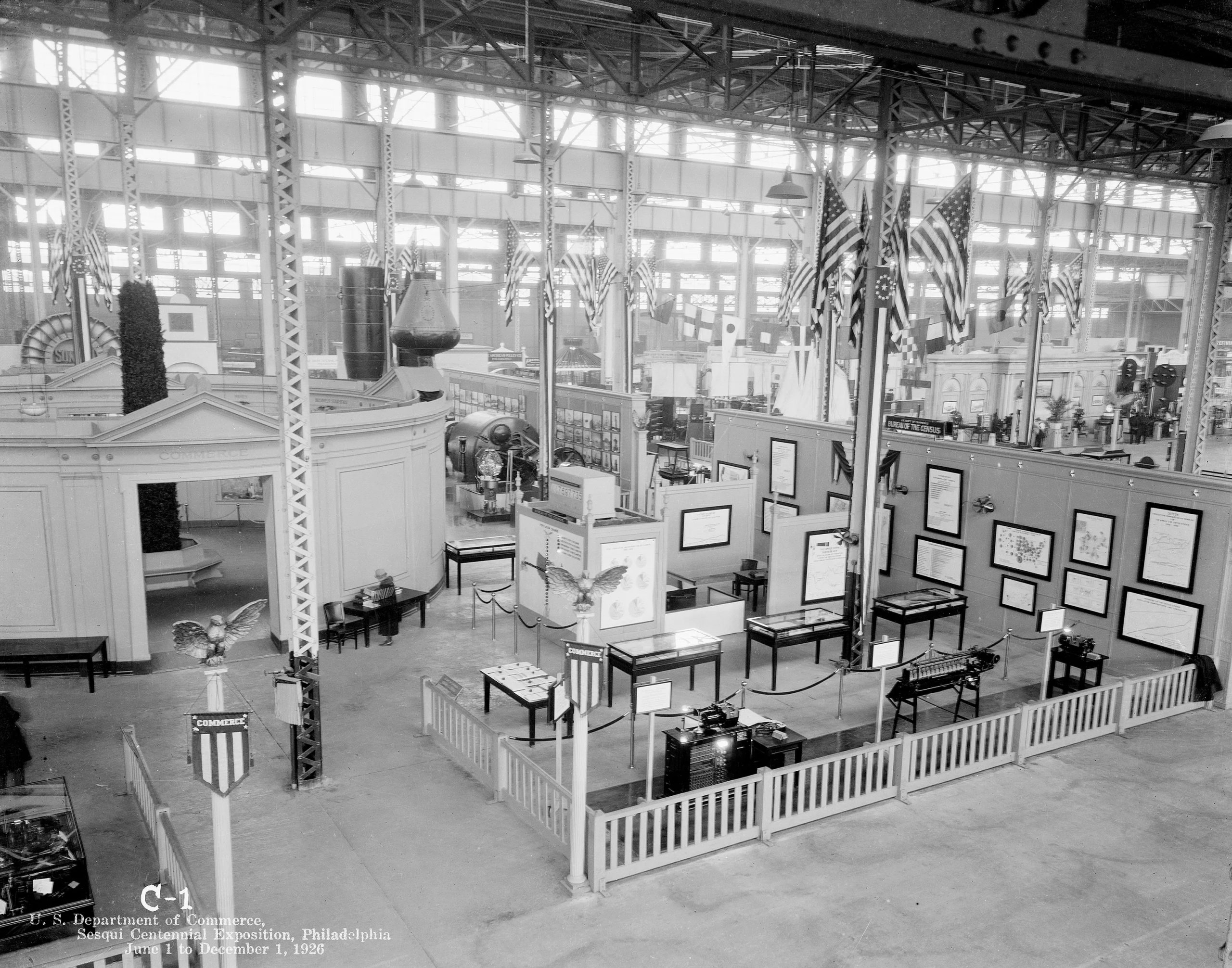
Featured Stories
Happy Birthday America! How VA and Its Predecessors Celebrated the Nation’s Independence at 100, 150, and 200 years
In 2026, the United States will celebrate the 250th anniversary of its independence. While this will be the Department of Veterans Affairs’ first national centennial since becoming a cabinet-level department in 1989, its predecessor organizations, including the National Home for Disabled Volunteer Soldiers, the Pension Bureau, the Veterans Bureau, and the Veterans Administration, routinely participated in national centennial commemorations. Each served to honor the contributions of American Veterans in preserving freedom.

Featured Stories
Dr. Philip Matz: A Pioneer in VA Medical Research
After World War I and the establishment of the Veterans Bureau, one of the key focuses was developing a research program.
The intent was to have the necessary statistical studies and research information to help the Bureau treat Veterans not just from World War I but all future conflicts.
The man chosen to lead this task was Dr. Philip Matz, and his work was groundbreaking in the future of Veteran healthcare.
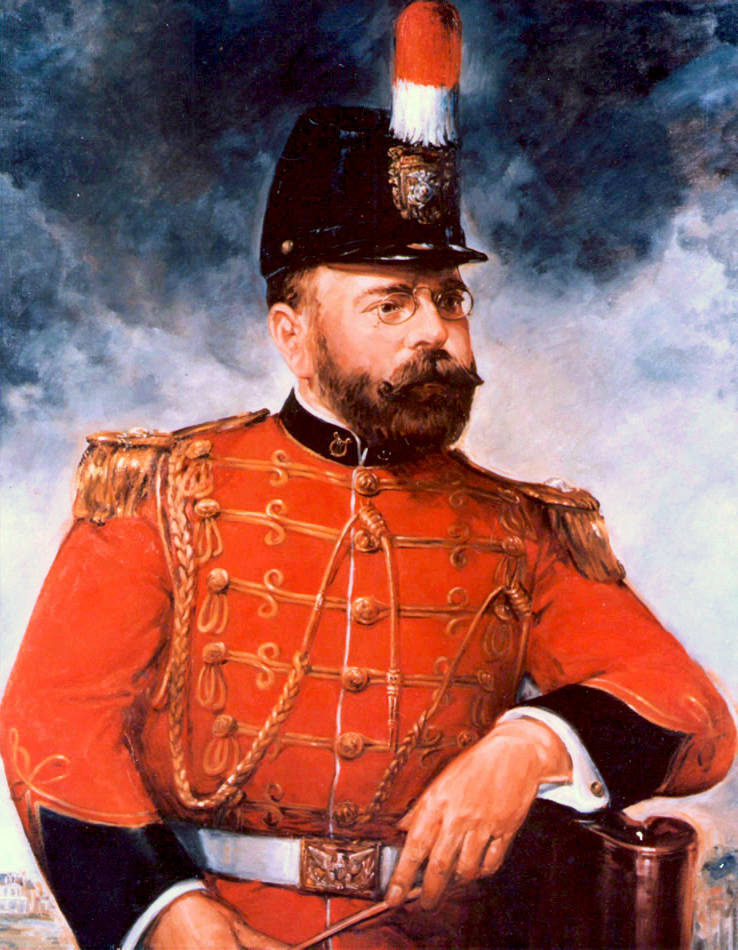
Featured Stories
John Philip Sousa and “Stars and Stripes Forever”: A Christmas Story
U.S. Marine Corps Veteran John Philip Sousa was crossing the Atlantic on an ocean liner on Christmas Day 1896 when the tune for “Stars and Stripes Forever” popped into his head. Within months, Sousa had composed what would become the defining song for the American flag and patriotism, a testament to how Veterans love their nation and think of home during the holidays.
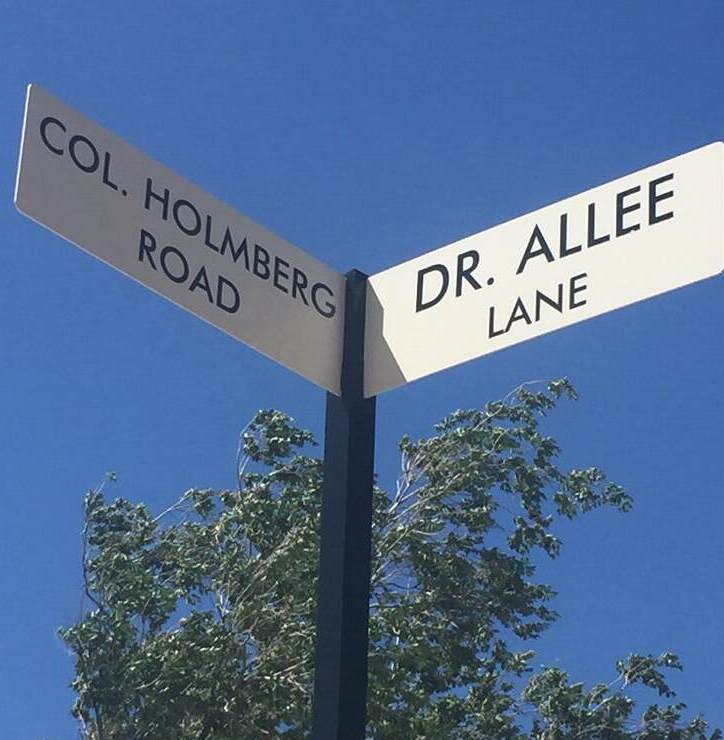
Featured Stories
The Historic Streets of the VA Medical Center in Prescott, Arizona
Ever wonder where some historic street names come from? That's the question that pops up at the VA Medical Center in Prescott, Arizona. Multiples names are displayed on white signs, such as Holmberg, Allee and Whipple. Who are they? Dive in and find out.
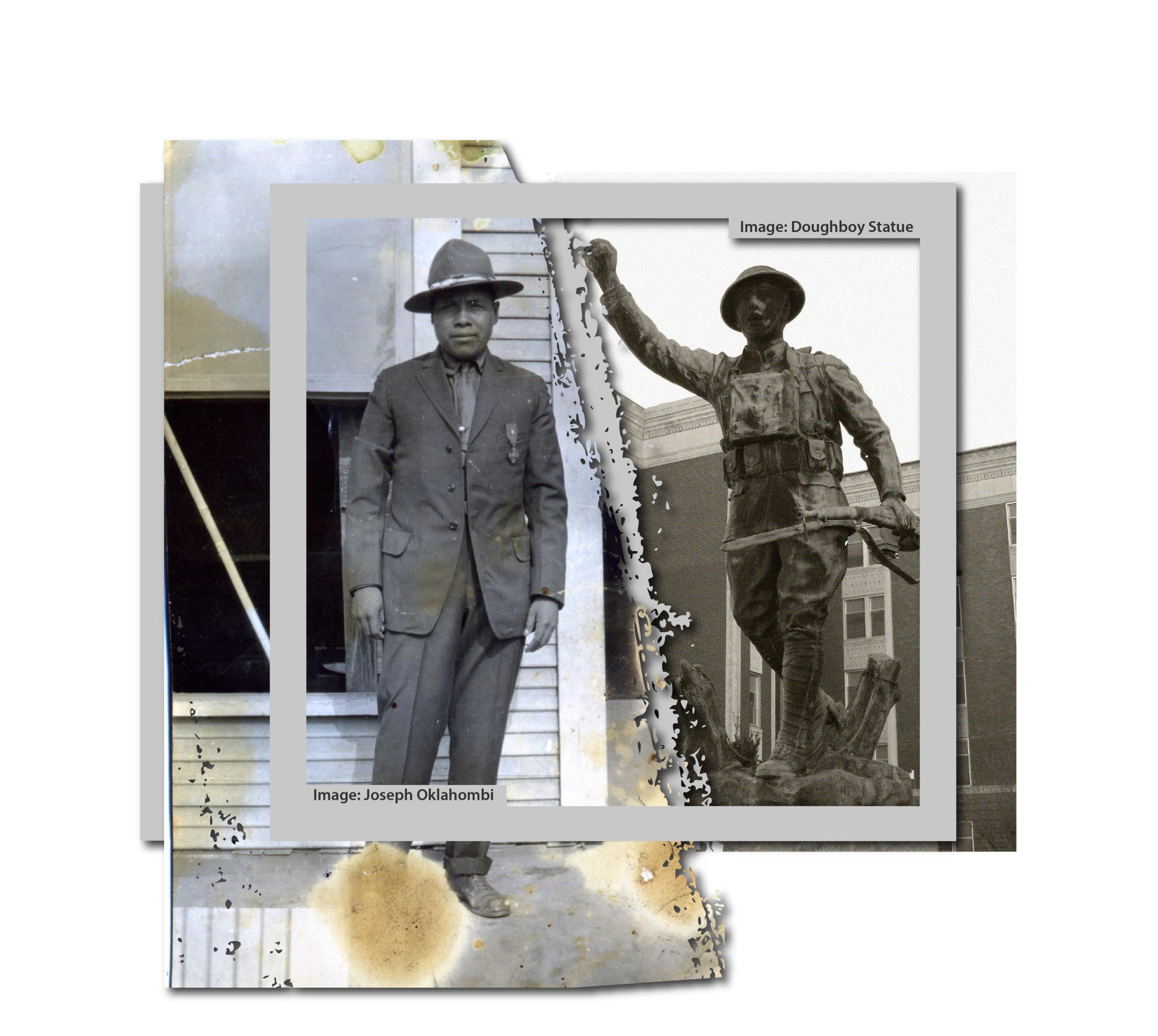
Featured Stories
Muskogee VA: A Hundred Years of Native American Veteran Care
Native Americans have served the United States with honor, loyalty, and bravery since the Revolutionary War. Despite facing discrimination, many Native American Veterans volunteered for service throughout the centuries, making significant contributions on the battlefield. Some saw it as fighting not only to protect the United States, but also their ancestral land. For their sacrifice, the VA hospital in Muskogee has led the charge in providing exceptional care for Native American Veterans for 100 years.


